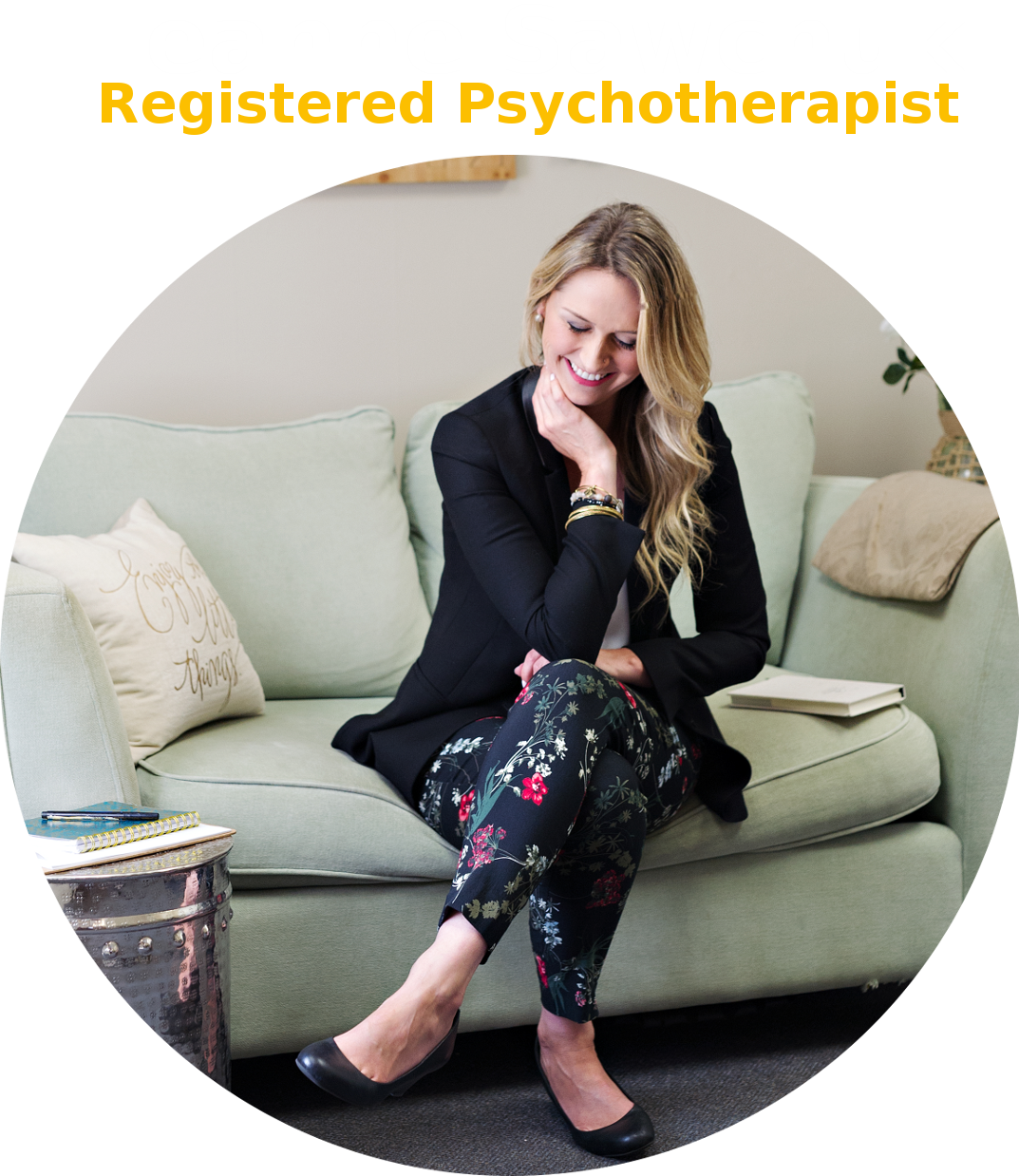I told another lie today
And I got through this day
No one saw through my games
I know the right words to say
Like “I don’t feel well,” “I ate before I came”
Then someone tells me how good I look
And for a moment, for a moment I am happy
But when I’m alone, no one hears me cry
I need you to know
I’m not through the night
Some days I’m still fighting to walk towards the light
I need you to know
That we’ll be OK
Together we can make it through another day
I don’t know the first time I felt unbeautiful
The day I chose not to eat
What I do know is how I’ve changed my life forever
I know I should know better
There are days when I’m OK
And for a moment, for a moment I find hope
But there are days when I’m not OK
And I need your help
So I’m letting go
I need you to know
I’m not through the night
Some days I’m still fighting to walk towards the light
I need you to know
That we’ll be OK
Together we can make it through another day
You should know you’re not on your own
These secrets are walls that keep us alone
I don’t know when but I know now
Together we’ll make it through somehow
(together we’ll make it through somehow)
If you are someone who has endured or is enduring an eating disorder, then the aforementioned lyrics from the song “Courage” by Superchick may resonate with you. If you are someone who is on the outside of an eating disorder (perhaps a caregiver, partner, friend, etc.) then these lyrics give you a very small sense of what it may be like for someone who is struggling.
Living and experiencing life with an eating disorder is like living with an additional persona, but constantly. In many ways, I believe we all have a split off self. Meaning, there is a part of us that we may keep disconnected as a way to protect. Is this healthy? not over time, but in the moment it may feel necessary. Within the realm of an eating disorder, there is the constant inner dialogue that goes back and forth in one’s mind creating such inner turmoil and conflict.
“Should I eat this?”
“No, you should not eat at all”
“But, I am hungry”
“How can you be hungry, you ate yesterday”
“I did, you are right, but I am feeling hungry again now”
“There is no way you are feeling hungry again, all you ever do is eat!!”
“Ok, maybe you are right. I do not deserve to eat. Maybe I will reward myself later or tomorrow”
Imagine this type of dialogue, but constantly. It is an exhausting battle and can leave many people feeling really isolated, out of control, and empty. Eating disorders fall under the realm of behavioural addictions. While they are most prominent in women, there has been a dramatic increase in the number of men who are now suffering with eating disorders. Eating disorders can be fatal, most commonly ending in cardiac arrest. In fact, eating disorders have the highest mortality rate of any mental illness.
Along with eating disorders, come many misconceptions. The biggest misconceptions is that eating disorders are solely to do with food. This could not be farther from the truth. While manipulating food and the body may serve as a distraction from uncomfortable emotions and life experiences, it is this reprieve that is enticing – as opposed to the goal of being skinny. Food is part of the strategy – either over consumption or under consumption, but simply addressing the “food” as a way to recover is not the way to go. This would be similar to telling an alcoholic to simply not drink or to drink less. It simply does not work and takes far too much willpower which eventually runs out. The other most common misconception about eating disorders is that you have to be severely underweight in order to have one. This is also false. While this is a component often associated with Anorexia Nervosa, it is not usually a component associated with Bulimia, Binge Eating Disorder (BED), or EDNOS (Eating Disorder Not Otherwise Specified).
Eating disorders have often been referred to as “the disease of silence” and this is quite true. Metaphorically, individuals with eating disorders are silently screaming. If you are reading this and you are currently in the throws of an eating disorder or have recovered from one, you likely understand this completely. In essence, you may be silently screaming for something, such as; love, connection, forgiveness, acceptance. While you likely have your own subjective experience of what void you are looking to fill, it becomes much easier to rely on the eating disorder to fill the void as opposed to asking for the things that you need. Perhaps you feel unworthy and thus undeserving of what you need and thus you retract and and secretly wish others would reach out and be able to see through this and offer you whatever it is that you are looking for. Unfortunately, this does not always happen and so the vicious cycle continues.
Many individuals with eating disorders can hide it really well. Several people often describe it to me as having a double life in many ways. They are successful, driven, motivated, likeable, yet on the inside and behind closed doors they feel out of control, compulsive and often lonely.
Not long ago while doing an on screen interview on eating disorders and Pro-Ana websites, some controversy was stirred around my statement “these websites are both devastating, yet necessary”. While I understand this may sound like a contradiction, it is absolutely true. If I apply this to someone who identifies as an alcoholic, they would state that alcohol feels necessary to them at times for their survival, yet the consequences are devastating. The same applies to eating disorders.
There is so much shame infused that talking about it openly and freely can be terrifying. According to research, people with eating disorders often hold a low trust belief in others, have a hard time opening up and sharing personal information, and have an increased probability of loneliness. It takes immense safety and trust within a relationship to allow this individual to become vulnerable enough to share.
So, what role does an eating disorder play in ones life?
Imagine for a moment that the eating disorder is a mask which protects the individual from feeling their true feelings, thoughts, and ability to experience their true “self” on a deeper level. For many people, their eating disorder is their “crutch”. It becomes their way of coping and their sole companion. For example, someone with an eating disorder who has a current life situation which feels out of control may cope through restrictive eating by drastically reducing their food intake, bingeing and purging, over-exercising, etc. This may allow them to exercise control, thus regaining their sense of otherwise lack of control that they are feeling in the rest of their life. You can compare this to substance abuse. An individual may reach for alcohol or drugs as a way of escapism and numbing out. This allows them to feel as though they are self-soothing through the temporary euphoria that they may experience, however, this false self eventually wears of, as does the associated falsified feeling attached.
In therapy, the goal is to work through the mask by getting to a place where one can experience their true feelings and embrace authenticity while dropping all defences and denial based strategies – which only serve to protect the eating disorder. When one accepts that the eating disorder is a metaphoric mask, which safe guards the individual from exposure to true feelings, thoughts, and ultimate experience of their real ‘self,’ then one can perhaps infer that this mask is synonymous and really is not their “real self” at all. It becomes a process of individualization and creating a new identity outside of the eating disorder all the while embracing shame, developing healthier relationships, and getting to know their inner self. There is also a process of thought separation that goes on whereby, one learns how to separate rational from irrational thought patterns and reframe them. It sounds like a lot of work, but the truth is, it is about unravelling the the eating disordered voice and infusing the individuals voice. At this point, letting go of the eating disorder does not seem so threatening, nor terrifying, but necessary.
Recovering from an eating disorder is scary, but so is staying exactly the same. While it may not seem like it at times, there is hope.



